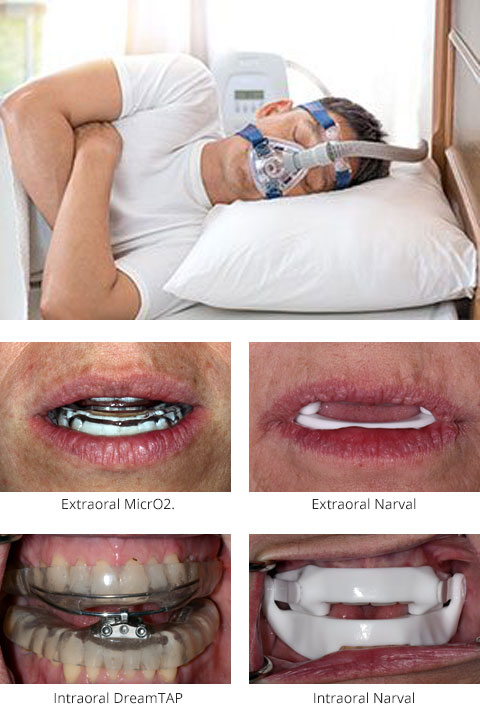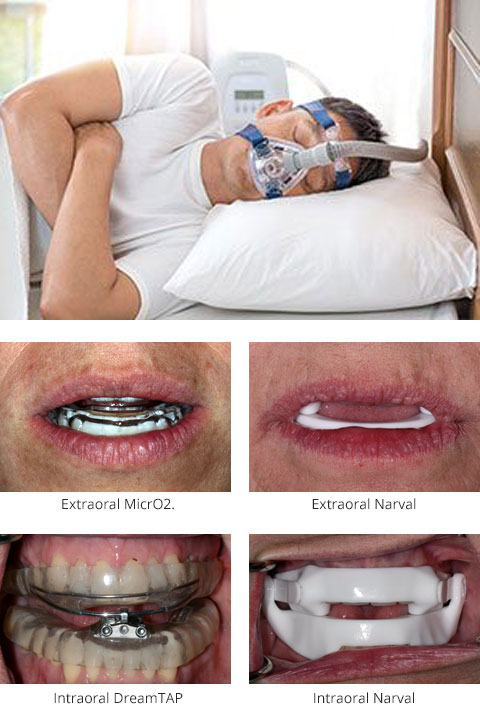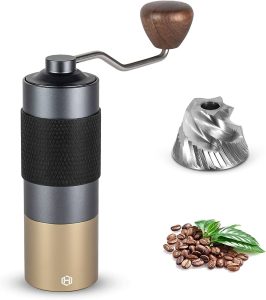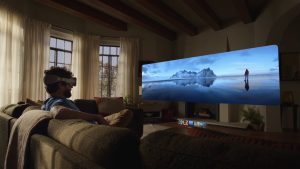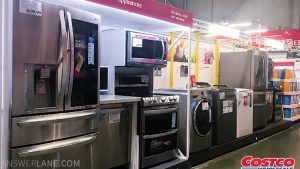Contents
- Pros of Using an Oral Appliance for Sleep Apnea
- Cons of Using an Oral Appliance for Sleep Apnea
- Limited Effectiveness for Severe Sleep Apnea
- Possible Jaw Discomfort or Temporomandibular Joint (TMJ) Pain
- Potential Teeth and Gum Issues
- Adjustment Period
- Regular Maintenance and Replacement
- Not Suitable for Everyone
- Potential Effects on Speech
- Integration with Other Dental Work
- Lack of Monitoring or Feedback
- Potential Treatment Interruption
Imagine finally getting a restful night’s sleep, free from the disruptive and dangerous effects of sleep apnea. With “The Pros and Cons of Using an Oral Appliance for Sleep Apnea,” you can explore the benefits and drawbacks of incorporating an oral appliance into your treatment plan. From improved breathing to enhanced comfort, this article will give you a comprehensive overview of how this innovative solution can potentially transform your sleep apnea journey. So, grab a cup of tea, sit back, and let’s unravel the pros and cons of using an oral appliance for sleep apnea together.
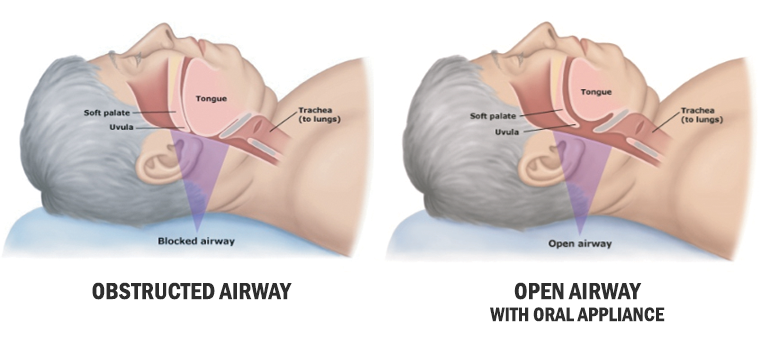
Pros of Using an Oral Appliance for Sleep Apnea
Non-invasive Treatment Option
One of the key advantages of using an oral appliance for sleep apnea is that it offers a non-invasive treatment option. Unlike other interventions such as surgery or continuous positive airway pressure (CPAP) machines, oral appliances are custom-made devices that fit comfortably in your mouth. They work by repositioning and stabilizing the jaw and tongue, helping to keep your airway open while you sleep. This non-invasive approach can be an appealing alternative for those who are hesitant about more invasive treatments.
Improved Sleep Quality
Another significant benefit of oral appliances is improved sleep quality. Sleep apnea can lead to interruptions in breathing throughout the night, resulting in fragmented sleep and excessive daytime drowsiness. By keeping the airway open, oral appliances promote better airflow and can significantly reduce the frequency and severity of apnea events. This helps you to achieve more restful and uninterrupted sleep, allowing you to wake up feeling refreshed and energized.
Increased Comfort
Oral appliances for sleep apnea are custom-made to fit your mouth, ensuring a comfortable and snug fit. Unlike traditional CPAP machines that require wearing a mask, oral appliances are less intrusive and do not cover your face. Once you become accustomed to wearing the appliance, you may find it more comfortable than other treatment options. It is particularly beneficial for individuals who experience claustrophobia or discomfort while wearing a CPAP mask.
Ease of Use
Using an oral appliance for sleep apnea is incredibly straightforward and easy. Once you receive your customized device from a dental professional, it’s simply a matter of wearing it while you sleep. There are no complicated settings to adjust or machines to operate. The simplicity of using an oral appliance makes it an attractive option for individuals who prefer a user-friendly treatment method.
Portability and Travel-Friendly
Oral appliances are highly portable and travel-friendly. Since they are compact and typically come with a carrying case, you can easily bring your appliance with you wherever you go. Whether you’re traveling for work or going on vacation, you won’t have to worry about lugging around heavy equipment or finding a power source. This convenience allows you to maintain the consistency of your treatment and enjoy restful sleep even when you’re away from home.
Cost-Effective
In comparison to other treatment options for sleep apnea, oral appliances are generally more cost-effective. While the initial cost of the device may vary depending on factors such as customization and materials used, it is often less expensive than surgery or continuous use of a CPAP machine. Furthermore, oral appliances typically require minimal maintenance and replacement, reducing ongoing costs associated with treatment. This affordability makes oral appliances an attractive choice for individuals searching for a more budget-friendly solution to manage their sleep apnea.
Suitable for Mild to Moderate Sleep Apnea
Oral appliances are considered a suitable treatment option for individuals with mild to moderate sleep apnea. These devices are designed to address airway obstruction caused by the relaxation of the tongue and the muscles of the throat. If you have mild to moderate sleep apnea and are unable to tolerate or prefer not to use a CPAP machine, an oral appliance can be an effective alternative. However, it is important to consult with a dental professional or sleep specialist to determine if an oral appliance is the right choice for your specific condition.
Minimal Side Effects
Compared to other treatment options, oral appliances generally have minimal side effects. While some individuals may experience temporary side effects such as excessive salivation, dry mouth, or soreness in the jaw or teeth, these usually subside as you become accustomed to wearing the appliance. It is important to follow the instructions provided by your dentist and communicate any concerns or discomfort you may experience during the adjustment period. Overall, the side effects associated with oral appliances are typically mild and temporary.
Improvement in Snoring
Snoring is a common symptom of sleep apnea, and oral appliances can often effectively reduce or eliminate snoring. By repositioning the jaw and tongue, these devices help to keep the airway open, preventing the vibrations that cause snoring. Not only does this improve sleep quality for both you and your sleeping partner, but it also enhances the overall sleep environment by reducing noise disturbances. With an oral appliance, you can enjoy quieter and more peaceful nights.
Positive Impact on Overall Health
Using an oral appliance for sleep apnea can have a positive impact on your overall health. By improving sleep quality and reducing the frequency of apnea events, these devices help optimize oxygen flow and enhance the functioning of numerous bodily systems. Better sleep quality can lead to increased daytime alertness, improved focus, and heightened cognitive function. Additionally, effectively treating sleep apnea can reduce the risk of developing associated health conditions such as high blood pressure, heart disease, and stroke.
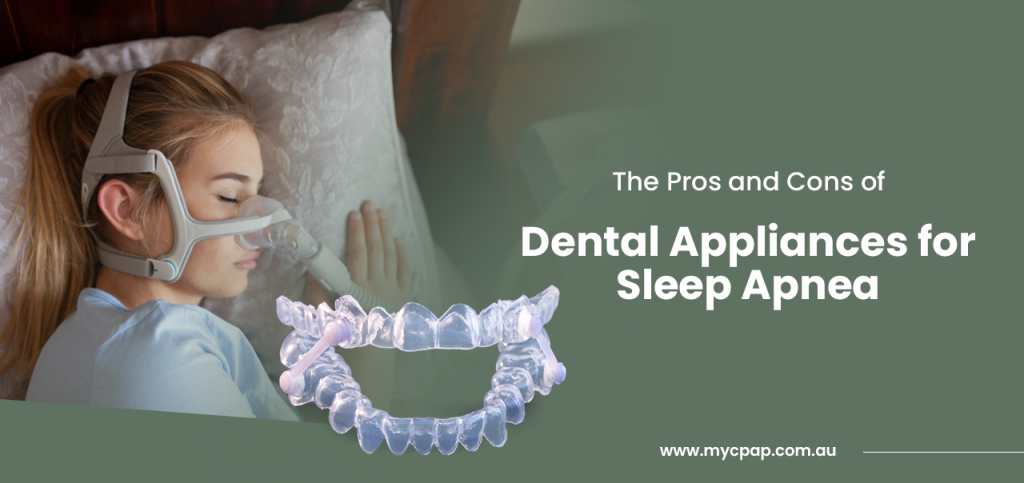
Cons of Using an Oral Appliance for Sleep Apnea
Limited Effectiveness for Severe Sleep Apnea
While oral appliances are an effective treatment option for mild to moderate sleep apnea, their effectiveness may be limited for individuals with severe sleep apnea. Severe cases often require more aggressive interventions, such as surgery or the use of a CPAP machine, to adequately manage the condition. It is important to consult with a dental professional or sleep specialist to determine the level of severity and the most suitable treatment approach for your specific case.
Possible Jaw Discomfort or Temporomandibular Joint (TMJ) Pain
Some individuals may experience jaw discomfort or temporomandibular joint (TMJ) pain when using an oral appliance for sleep apnea. This can occur during the initial adjustment period as your mouth and jaw adapt to the device. However, it is crucial to communicate any discomfort to your dentist, who can make necessary adjustments to ensure a proper fit. In rare cases, persistent jaw pain or TMJ issues may require discontinuing the use of the appliance and exploring alternative treatment options.
Potential Teeth and Gum Issues
The use of an oral appliance may potentially lead to teeth and gum issues for some individuals. Over time, the pressure exerted by the device on the teeth and surrounding oral tissues can cause tooth movement, gum irritation, or changes in bite alignment. Regular dental check-ups and proper maintenance of the appliance, such as cleaning and storing it correctly, are essential in minimizing the risk of dental complications. It is crucial to maintain good oral hygiene practices and report any concerns to your dental professional promptly.
Adjustment Period
Like any new treatment, an adjustment period is often required when using an oral appliance for sleep apnea. Initially, wearing the device may feel unfamiliar and uncomfortable. It may take some time for your mouth and jaw muscles to get used to the presence of the appliance during sleep. However, with patience and consistency, most individuals adapt quickly and find the discomfort diminishes over time. It is important to follow the instructions provided by your dental professional and to communicate any concerns or difficulties you may encounter during the adjustment period.
Regular Maintenance and Replacement
Oral appliances for sleep apnea require regular maintenance to ensure their effectiveness and longevity. You must consistently clean and care for the device according to the instructions provided. Failure to do so may result in bacterial growth, unpleasant odors, or compromised device function. Additionally, despite proper maintenance, oral appliances may require replacement over time due to wear and tear. It is essential to consult with your dental professional to determine the appropriate lifespan of your appliance and to schedule regular check-ups to monitor its condition.
Not Suitable for Everyone
While oral appliances are a viable treatment option for many individuals with sleep apnea, they may not be suitable for everyone. Factors such as the structure of your jaw, dental health, or the presence of other oral conditions may impact the effectiveness or suitability of an oral appliance. It is crucial to undergo a comprehensive evaluation by a dental professional or sleep specialist to determine whether an oral appliance is the right choice for you.
Potential Effects on Speech
In some cases, wearing an oral appliance for sleep apnea may result in temporary speech changes. These changes can include minor alterations in the way you speak, such as a slight lisp or changes in pronunciation. However, with practice and consistent use, most individuals adapt and their speech returns to normal. It is important to communicate any concerns about speech changes to your dentist, who can make necessary adjustments to ensure the device does not negatively impact your speech patterns.
Integration with Other Dental Work
Individuals with existing dental work, such as dental bridges, braces, or implants, may face challenges with the integration of an oral appliance. Depending on the type and location of the dental work, it may be necessary to modify or adjust the appliance to accommodate any existing dental devices. Communication between your dentist and any other dental specialists involved in your care is crucial to ensure a seamless integration of the oral appliance and existing dental work.
Lack of Monitoring or Feedback
Unlike other treatment options like CPAP machines, oral appliances do not usually provide real-time monitoring or feedback on your sleep patterns. This can make it challenging to assess the effectiveness of the treatment or to make necessary adjustments to improve outcomes. However, regular follow-up appointments with your dental professional or sleep specialist can help monitor your progress and make any necessary modifications to ensure optimal treatment outcomes.
Potential Treatment Interruption
Using an oral appliance for sleep apnea may face potential treatment interruptions in certain situations. For instance, if you have dental procedures or surgeries that require the removal of the device, your sleep apnea treatment may be temporarily paused. Additionally, if your appliance breaks or malfunctions, it may take time to repair or replace it, leading to a temporary interruption in your treatment. It is essential to have a contingency plan in place and maintain open communication with your healthcare providers to address any potential treatment interruptions promptly.
In conclusion, utilizing an oral appliance for sleep apnea offers numerous advantages, including non-invasiveness, improved sleep quality, increased comfort, and portability. It is a cost-effective solution suitable for individuals with mild to moderate sleep apnea, with minimal side effects and positive impacts on snoring and overall health. However, it is important to consider potential cons such as limited effectiveness for severe sleep apnea, possible jaw discomfort, teeth and gum issues, adjustment period, regular maintenance, and the lack of monitoring. By weighing the pros and cons, consulting with dental professionals and sleep specialists, you can make an informed decision about whether an oral appliance is the right treatment option for your sleep apnea.
